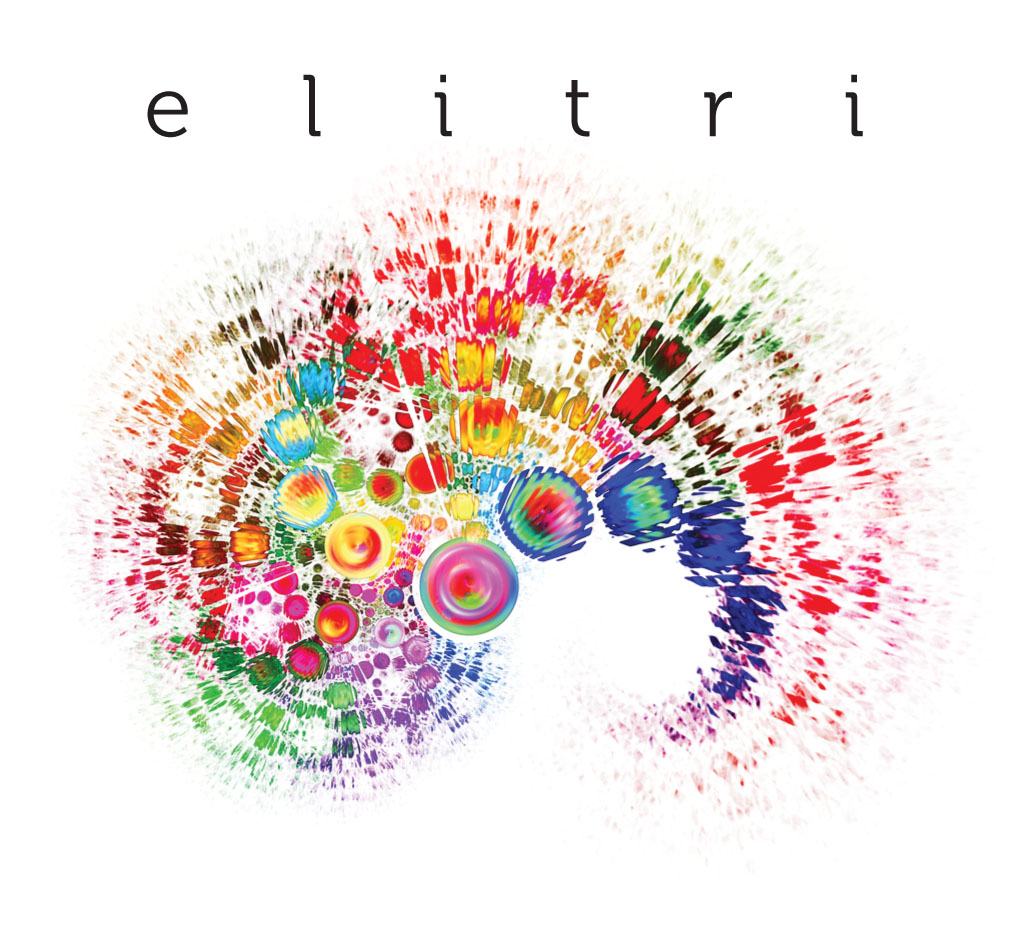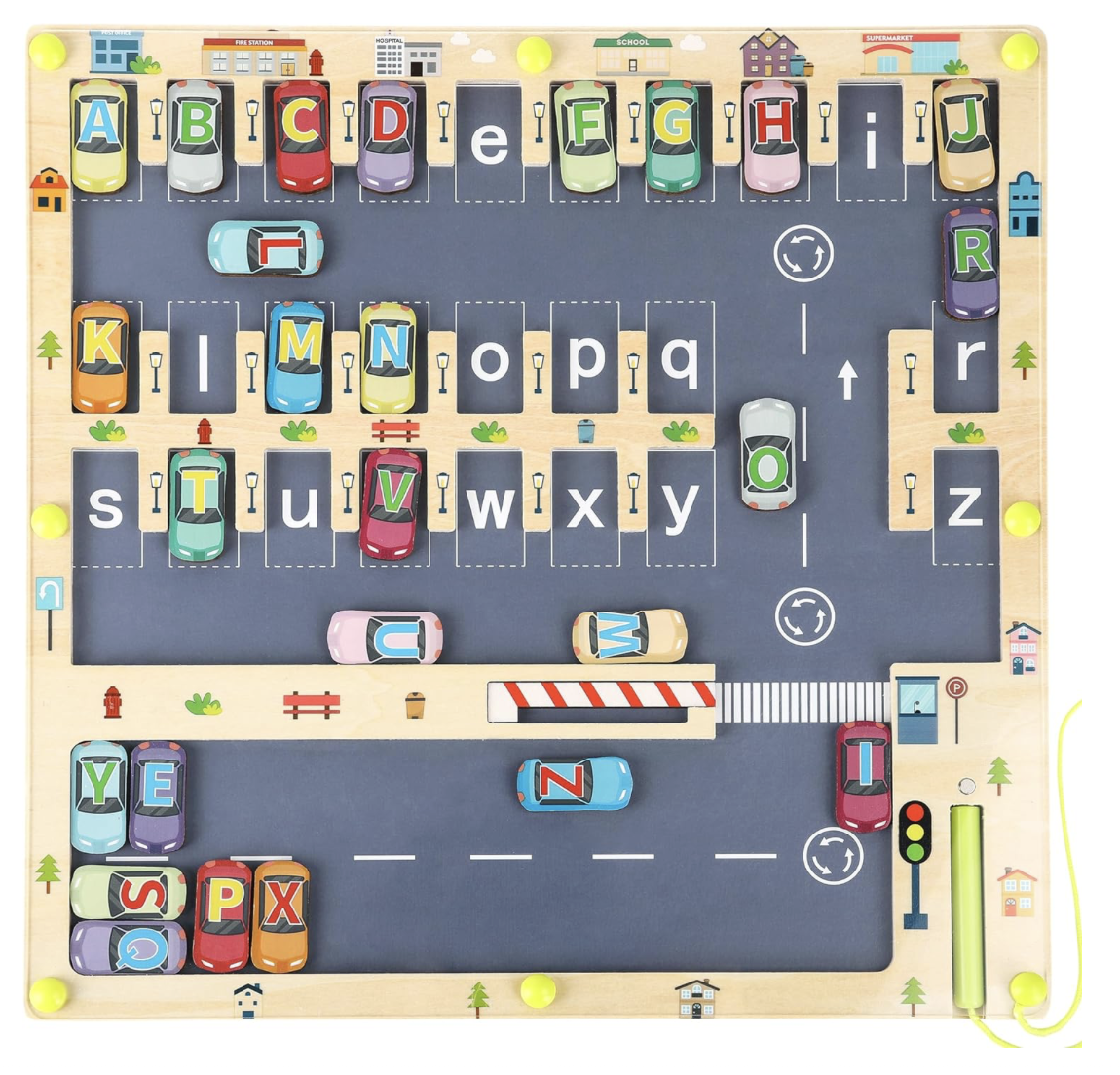LANGUAGE AND COGNITION- Fostering Language and Cognitive Skills in Your Preschooler: A Comprehensive Guide for Parents and educators
As a parent, you are your child's first teacher, guiding them through the exciting journey of early childhood development. During the preschool years, children undergo significant growth in language and cognitive abilities, setting the stage for future learning and academic success. By nurturing these skills at home, you can help your little one thrive in various aspects of their life. Let's delve into some effective strategies for fostering language and cognitive development in your preschooler.
Language Development
Expressive Oral Language:
Encourage your child to express themselves verbally by engaging in meaningful conversations. Ask open-ended questions that stimulate their imagination and encourage them to share their thoughts and experiences. Offer gentle correction and praise when they attempt new words or phrases.
Receptive Skills:
Help your child understand and follow directions by providing clear, simple instructions. Use gestures and visual aids to support comprehension. Encourage them to initiate conversations by asking about their interests and actively listening to their responses.
Cognitive Development:
Attention:
Create a conducive environment for focused attention by minimizing distractions and providing engaging activities. Use timers or visual cues to help your child understand task duration. Encourage mindfulness techniques like deep breathing to manage distractions.
Memory:
Support memory development through repetition and association. Practice memory games and recite nursery rhymes to strengthen recall. Establish routines and use visual schedules to aid memory retention.
Perception:
Stimulate your child's senses through sensory play activities. Please encourage them to describe their sensory experiences using descriptive language. Provide opportunities for observation and exploration to deepen their understanding of the world.
Learning Ability:
Foster a love of learning by providing hands-on experiences and following your child's interests. Encourage experimentation and problem-solving by presenting open-ended challenges. Celebrate their efforts and encourage perseverance.
Impulse Control:
Teach self-regulation skills through mindfulness and emotional awareness activities. Model calm behaviour and provide positive reinforcement for instances of self-control. Help your child navigate transitions by providing predictability and reassurance.
Intellectual Development:
Flexibility:
Expose your child to new experiences and perspectives to encourage flexible thinking. Emphasize adaptability and resilience in the face of change. Support them in navigating transitions with predictability and reassurance.
Creativity:
Cultivate creativity through open-ended art activities and imaginative play. Provide materials that encourage self-expression and experimentation. Celebrate your child's unique ideas and encourage them to explore different ways of thinking.
By incorporating these strategies into your daily interactions with diverse ways you can play a vital role in their language and cognitive development. Remember to be patient, supportive, and responsive to your child's needs and interests. Together, you can lay a strong foundation for their future academic success and lifelong learning journey.
“As an Amazon Associate, I earn from qualifying purchases.”
“As an Amazon Associate, I earn from qualifying purchases.”
Magnetic Alphabet Maze Letter Puzzle Montessori
Wooden Magnet Puzzle Game Board Montessori
Learning Educational Toys




